European Interim Management: 2025 Insights and Predictions.
Executive Summary
The INIMA Europe 2025 survey provides a comprehensive overview of the interim management sector across Europe, analyzing utilization rates, day rates, assignment trends, and key challenges facing interim professionals.
In 2024, the market saw shifts, with utilization rates adjusting to 65% (down 4%) and average daily rates recalibrating to €994 (down €5). Fewer interim managers started the year on assignment, with a decline to 62% compared to 67% in 2023. This reflects an evolving landscape rather than a downturn. The primary concerns for interim managers included client acquisition, pricing pressure, economic uncertainty, AI-driven skill development, and work-life balance. Interim providers played a larger role in Northern Europe, securing most assignments, whereas personal networks remained dominant in Southern Europe, particularly in Italy and Spain. The interim market is expected to remain competitive, with professionals needing to refine their market positioning and demonstrate value through specialized expertise. The outlook for 2025 remains mixed. Twentiy-five percent of interim managers anticipate a challenging market, while 32% are neutral and 40% remain optimistic. The ability to adapt, embrace AI tools, and leverage digital networking will be crucial for success.
The Interim Manager
The typical European interim manager is male, 56.9 years old, and has over 8.2 years of experience in the field. The transition to interim management usually occurs at 48.7 years of age, often from senior corporate roles. Sixty-four percent of interim managers hold C-level positions, highlighting the seniority of professionals in this sector. Female representation in interim management remains low, with an average of 16% across Europe. However, Poland, at 36%, and France, at 29%, have significantly higher female participation. Poland's historical workforce trends and France’s gender-inclusion policies contribute to this variance. Interim managers specialize in general management, finance, operations, HR, and IT. Demand for operations managers has grown slightly over the past five years, while other functional areas have fluctuated.
Interim utilization rates declined slightly in 2024, with 65% of working days billed. Full-time interim roles are more common in Northern Europe, while part-time assignments—reducing the financial burden on SMEs—are more prevalent in Southern Europe. At the beginning of 2025, 62% of interim managers were on assignment, while 30% were actively searching, 5% were on sabbatical, and 3% were waiting for a new contract to start.
The Clients
The top five sectors for interim assignments were mechanical manufacturing, industry, automotive, IT, and healthcare. European interim managers operate across all business sizes, from startups to multinational corporations. In Italy and Spain, more than half of assignments were with companies of fewer than 100 employees.
Interim assignments in 2024 spanned corporations, SMEs, family-owned businesses, startups, public-private partnerships, and non-profits. In France, 21% of assignments were with startups, while in the UK, 19% were in the public sector. Public-private partnerships represented 8% of assignments in France, and 4% of interim work in the UK was with non-profit organizations.
The Assignments
Interim managers reported that change management, process optimization, business development, project management, and general management were the most common issues addressed in their last assignments. Over 60% of assignments were at the C-level or higher, reflecting the strategic nature of interim roles. Assignments averaged 11.5 months in duration, consistent with previous years. The market continues to favor long-term engagements, reinforcing the importance of stability and in-depth transformation efforts within client organizations.
The dominant channels for securing assignments remained personal networks, which accounted for half of all placements, and interim providers, which facilitated 32% of assignments. While providers increased their market share by two percentage points in 2024, the digital marketplace remains underdeveloped. Clients continue to prefer direct relationships or established provider networks. Interim providers are much more prevalent in Northern Europe, while Italy and Spain remain highly network-driven, with less than 25% of assignments secured via providers. The limited presence of large corporations and the fragmented nature of the market contribute to this disparity.
The average day rate in Europe was €994, marking a slight decrease of €5 from 2023. However, national variations are significant, reflecting differences in economic conditions, industry demand, and client budgets. Pricing pressure remains a concern, with 40% of interim managers believing that day rates will be squeezed further in 2025. While some professionals foresee stability, this contrasts with written survey comments indicating expectations of continued pressure on fees
Predictions for 2025
Looking ahead, 25% of interim managers anticipate a deterioration in the business climate, 32% expect conditions to remain stable, and 40% foresee an improvement. Although the overall outlook remains positive, confidence has declined compared to last year.. Uncertainty remains a major theme, with geopolitical and economic instability affecting decision-making timelines and project budgets. The biggest challenges expected in 2025 include difficulties in client acquisition, pricing pressure, economic constraints, the increasing need for AI and digital skills, and concerns over work-life balance. The ability to stand out in the market, differentiate oneself from competitors, and build a strong brand presence will be critical. Opportunities will arise in highly specialized roles where deep expertise is required. Strategic transformation projects will continue to demand skilled interim managers, particularly in industries undergoing rapid change, such as technology, healthcare, and manufacturing. Interim providers will need to differentiate their services by offering faster talent matching, broader networks, and enhanced compliance handling. While Northern Europe continues to favor providers, Southern Europe remains dependent on personal networks. Growth in this region will require providers to demonstrate added value beyond basic placement services. The interim management market in 2025 will be highly competitive, requiring professionals to adapt, specialize, and leverage digital tools. While challenges persist, those who position themselves effectively will find ample opportunities in transformation-driven assignments.
Jonathan Selby
INIMA Chairman
The full report is a free download : https://www.inima.management/survey-2025
